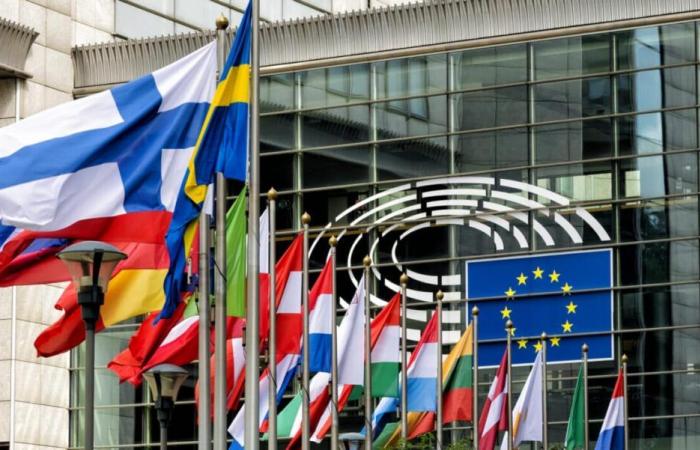The European Union planned to ban the sale of petrol and diesel cars from 2035as part of its strategy to accelerate the ecological transition. These vehicles, often pointed out for their pollution and their CO2 emissions, could benefit from a relaxation of the rules, according to recent revelations. This raises a lot of questions about the future of the automobile in Europe.
Towards a slightly more flexible regulation?
Rechargeable hybrid cars could continue to be marketed after 2035. Likewise, electric cars equipped with autonomy extensions would have the right to stay on the market. We also mention the possibility of integrating synthetic fuels, known asE-fuelsas an alternative possible in this energy transition. These measures would offer manufacturers’ room for maneuver while keeping environmental objectives online.
Car manufacturers at the end of their nerves
European automotive manufacturers sound the alarm in the face of the constraints of a total prohibition of thermal engines. L’That Press on Brussels to obtain more flexibility in mobility rules and in the application of fines related to polluting emissions. Among the personalities involved, we find Eckart of Klaeden at Mercedes-Benz as well asOla KälleniusCEO of Mercedes-Benz and responsible for the ACEA since January 2024.
Faced with these uncertainties, some manufacturers prefer to delay by extending the production of their current models, in particular that of diesel engines. The European Commission has also said: “Within the framework of dialogue, we will identify immediate solutions to preserve the industry’s ability to invest, by examining the possible flexibilities to guarantee that our industry remains competitive. »»
-A somewhat vague future for 2035
The initial plan wanted all new cars sold to be entirely electric by 2035, which implies a ban on the sale of petrol or diesel cars. However, this project could be revised downwards by dint of exchanges and discussions. The Commission has already started dialogue with European manufacturers, worried about the prospect of financial sanctions if they do not manage to sell a sufficient number of electric vehicles.
A so -called “review” clause is planned for 2025in order to re -examine the end of thermal cars. To explain the situation, Luc Chatel told Europe 1: “It will finally be necessary that we carry out the impact studies that should have been carried out at the time of the decision on the prohibition of thermal engines. »»
An evolutionary electric market
At the same time, the European electric vehicle market is going through a period of eddy, marking an important step in the transition to electric vehicles. In 2024these cars only represent 13,6 % of the total market in Europe, marking a recent drop in sales and increasingly lively competition, especially from Chinese models.
To cope with the situation, the European Commission has already adjusted certain parameters of the CAFE protocol: now, CO2 emissions will be calculated over three years (2025-2027) rather than an annue. This change aims to provide more flexibility to manufacturers while pursuing the environmental objectives set.






